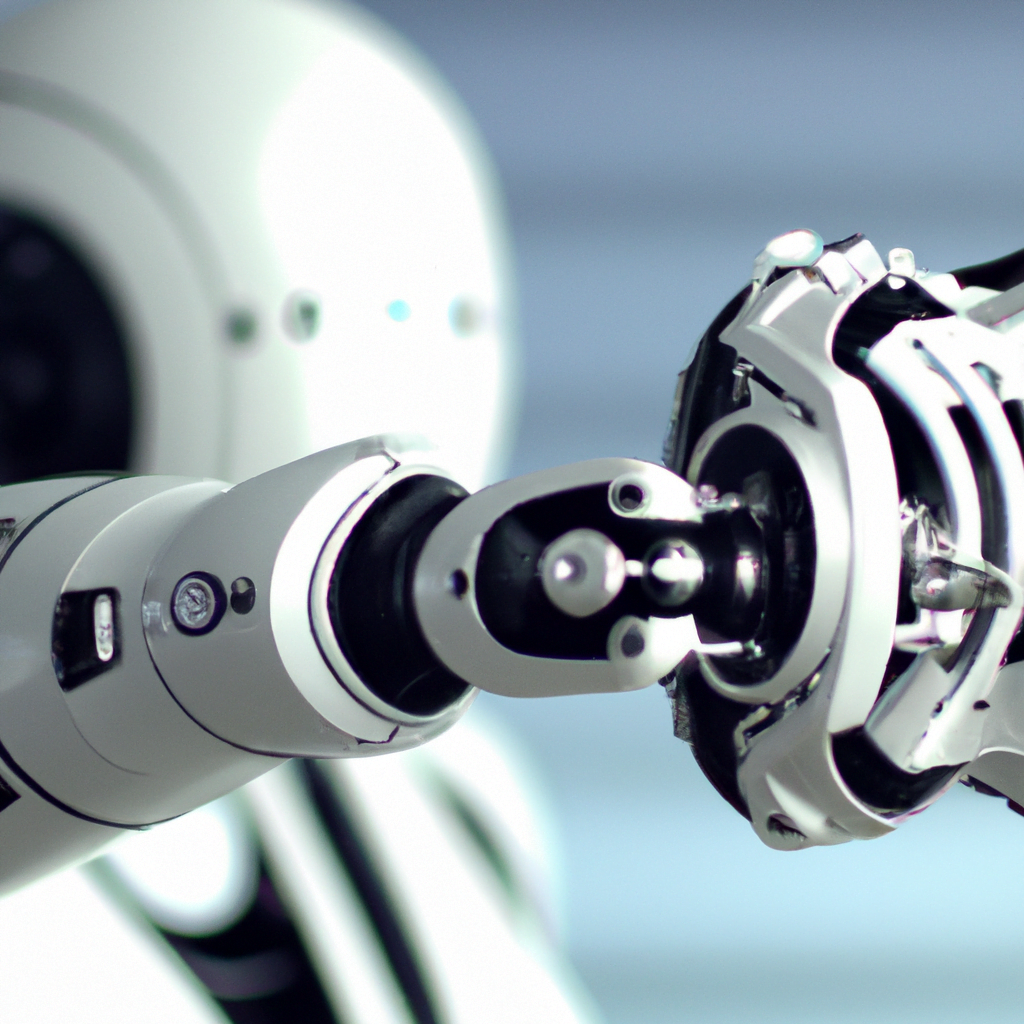The impact of robotics on the future workforce
Robots are becoming more and more prevalent in our lives. They can help us do things faster, more accurately, and more efficiently. From manufacturing to healthcare, robots are being used to perform tasks that were previously done by humans. But what does this mean for the future of work? Will robots take our jobs?
The short answer is yes, some jobs will be replaced by robots. But the long answer is more complicated than that. While robots will certainly change the job market, they will also create new job opportunities. The key is to understand how robots will impact the workforce and to prepare for these changes.
One of the most obvious areas where robots are already making an impact is in manufacturing. Robots can perform repetitive tasks like assembling products or packaging items much faster and more accurately than humans. This means that some jobs in manufacturing may be replaced by robots in the future. However, this also means that there will be a demand for workers who can design, build, and maintain these robots. So, while some jobs may disappear, new jobs will be created.
Another area where robots are making a big impact is in healthcare. Robots can perform tasks like dispensing medication or taking vitals, freeing up healthcare workers to focus on more complex tasks like diagnosing and treating patients. This means that healthcare workers will need to be trained to work with robots, but it also means that there will be new job opportunities in areas like robot maintenance and programming.

In addition to creating new job opportunities, robots are also changing the nature of some jobs. For example, in the future, truck drivers may not need to spend as much time actually driving because self-driving trucks will do the driving for them. This means that truck drivers may need to develop new skills like programming and data analysis to stay competitive in the job market.
Overall, the impact of robotics on the future workforce is complex. While robots will certainly change the job market, they will also create new job opportunities. The key is to understand how robots will impact the workforce and to prepare for these changes. This means that students should consider studying subjects like engineering, computer science, and robotics to prepare for the jobs of the future. By understanding how robots will impact the workforce and by preparing for these changes, students can ensure that they are ready to thrive in the new world of work.





